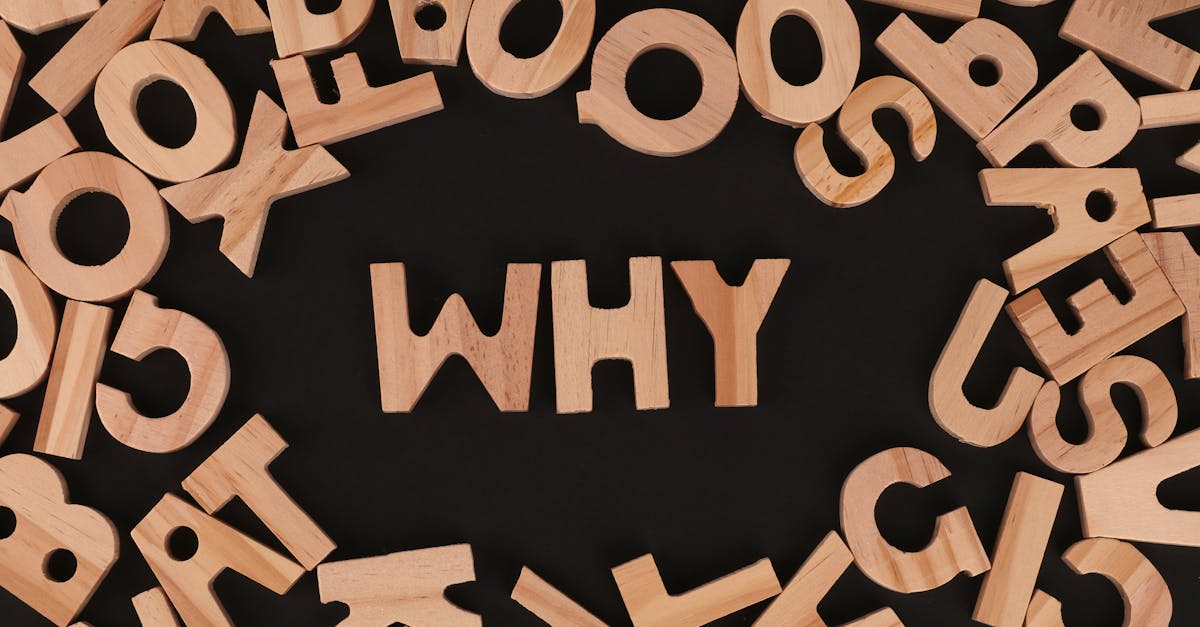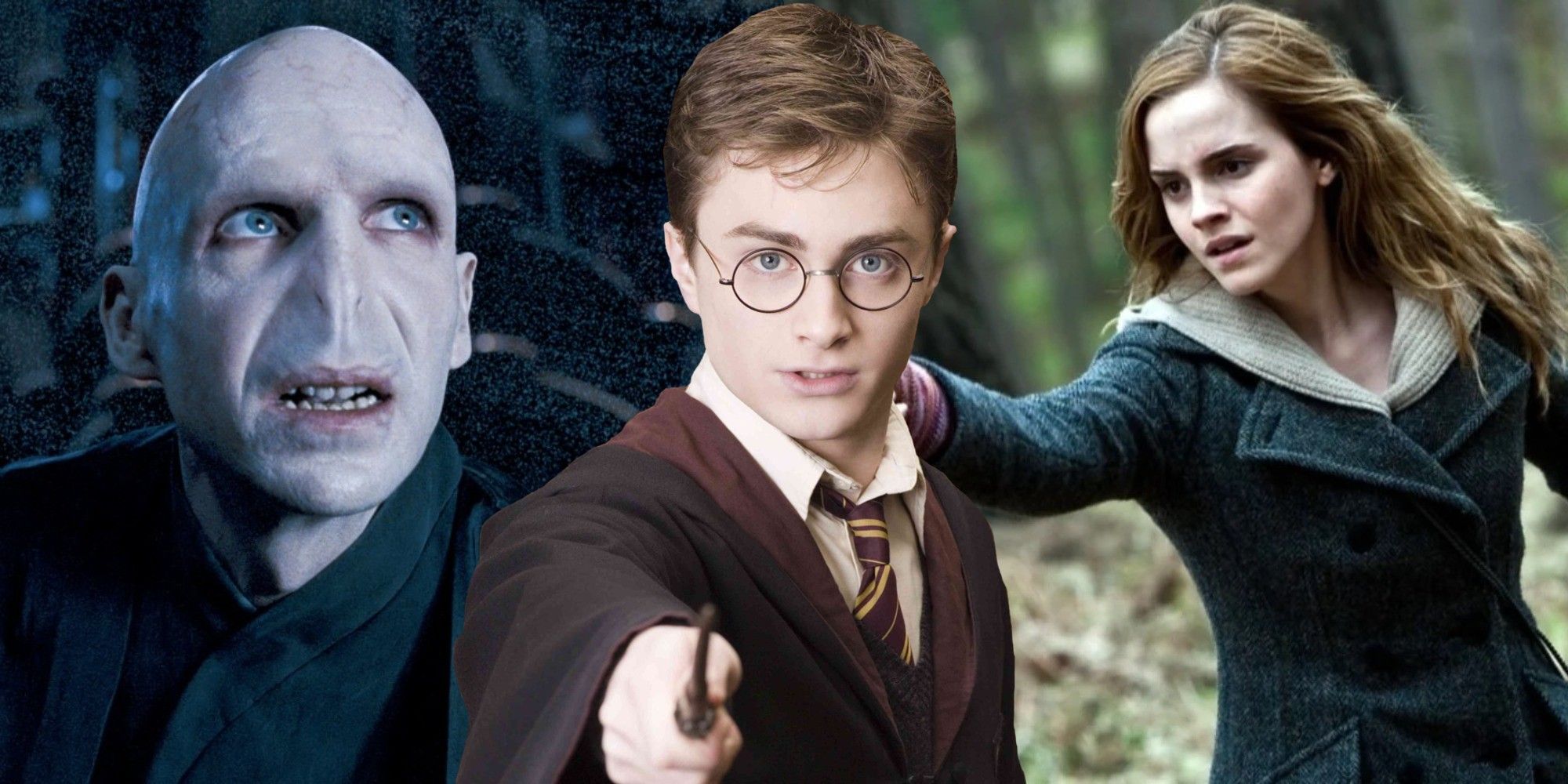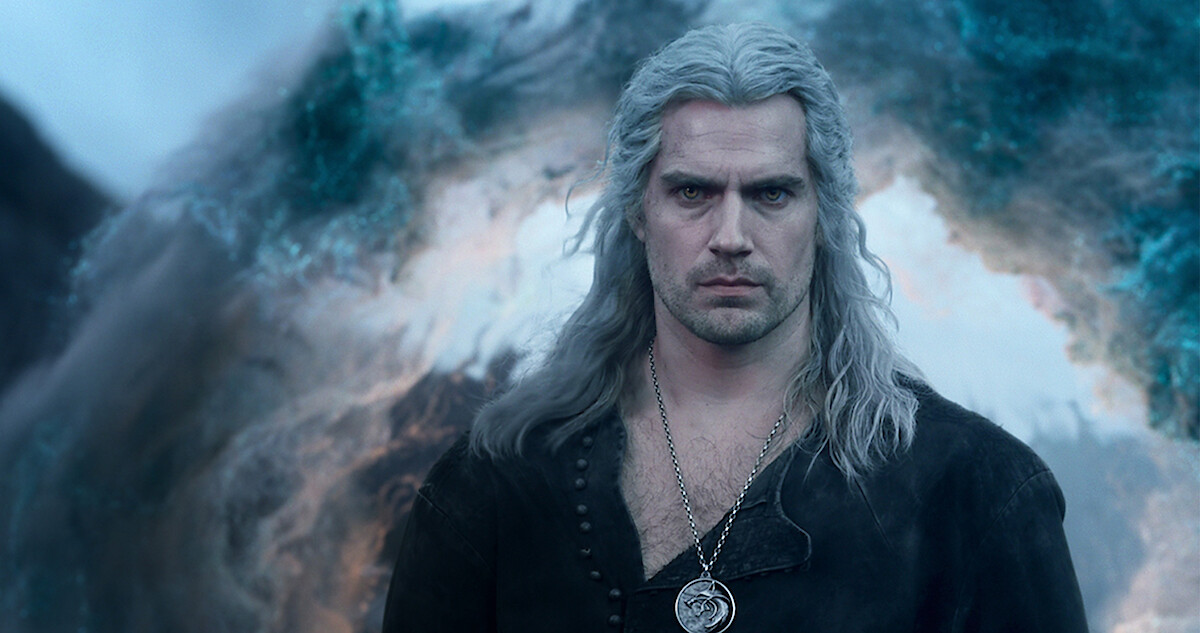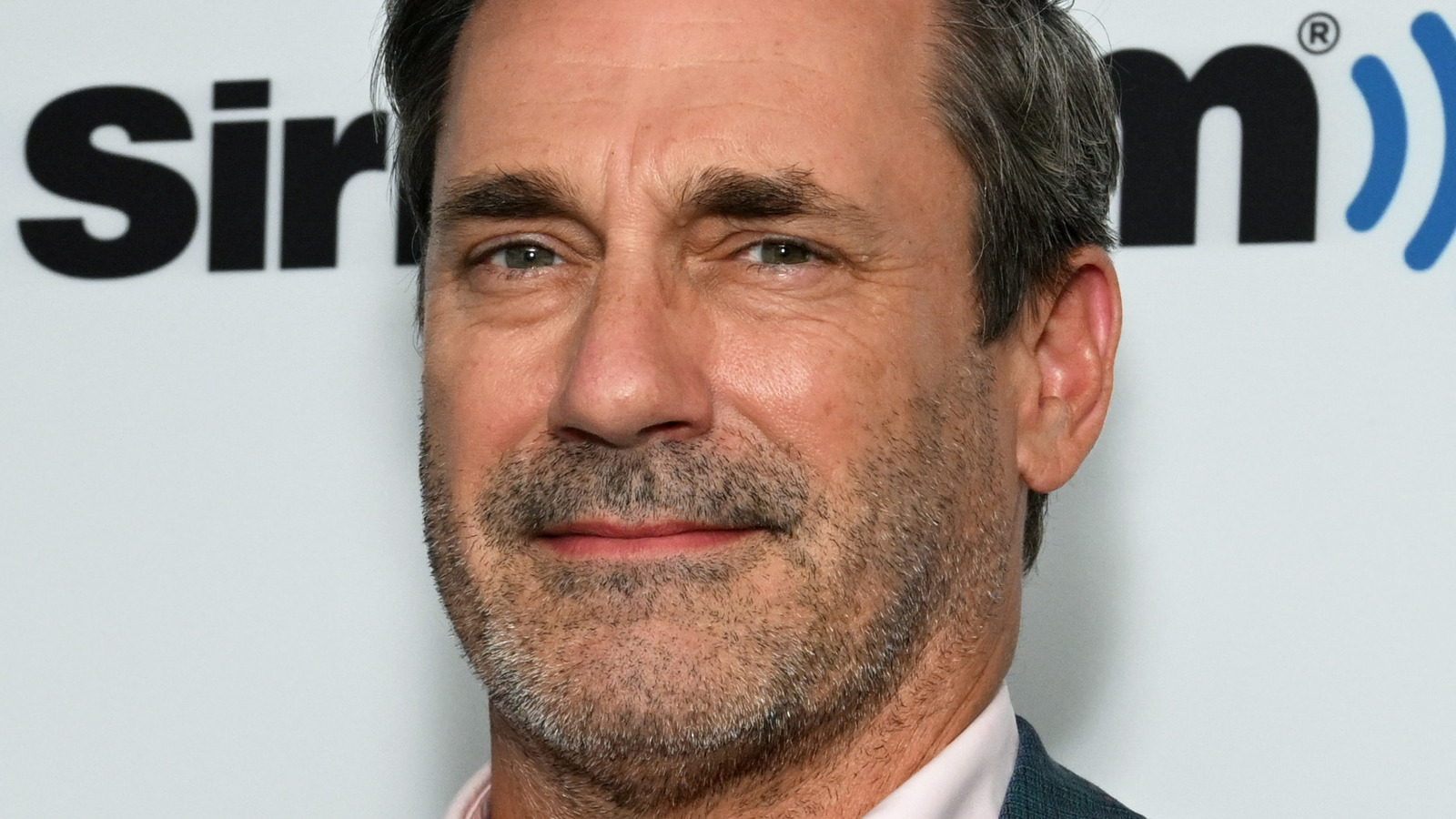
Why Did Daenerys Targaryen Go Mad In Game of Thrones?
Why Did Daenerys Targaryen Go Mad In Game of Thrones?
Alright, let’s address the elephant-sized dragon in the room: Daenerys Targaryen’s sudden descent into madness. Was it the Khaleesi-inspired crown? The betrayal of her lovers? Or a deep-seated, Targaryen-inherited mental instability?
Firstly, let’s acknowledge the obvious: Daenerys was a walking, talking contradiction. She dreamed of liberating the world, yet wielded a dragon-powered iron fist. This internal conflict likely contributed to her breakdown.
Then, there’s the whole “mad queen” narrative. Was it poorly written? Absolutely. But there’s a deeper issue here. Daenerys’ descent was fueled by traumas. Years of war, witnessing her family’s demise, and the constant burden of leadership took its toll. It wouldn’t be surprising if she developed complex PTSD.
Remember, she also had an unhealthy attachment to Khal Drogo, a guy who was literally resurrected from the dead. Talk about baggage! Then came Jon Snow, the love triangle with a side of treason. Talk about a recipe for emotional implosion.
The writers also didn’t help. They threw in a lot of “madness flags” – visions, paranoia, impulsive decisions – but never properly explored the underlying reasons. It felt like a case of “plot point” instead of nuanced character development.
But here’s the real kicker: Daenerys’ madness wasn’t entirely illogical. Her actions, though horrific, were often fueled by her beliefs and experiences. Her dragons were her children, her throne her destiny. When those were threatened, her protective instincts went into overdrive.
So, what really caused Daenerys’ meltdown? Was it her traumatic past? Her inability to handle power? Or a combination of both?
Ultimately, it’s a question that remains unanswered. But it’s a question worth pondering. Because understanding why she went mad isn’t just about entertainment, it’s about exploring the darker side of human nature, the consequences of war, and the burden of power.









